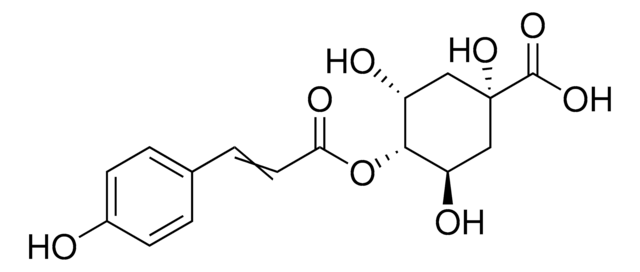Wichtige Dokumente
MAK093
Phosphofructokinase (PFK) Activity Colorimetric Assay Kit
sufficient for 100 colorimetric tests
Synonym(e):
PFK Activity Assay Kit
About This Item
Empfohlene Produkte
Verwendung
sufficient for 100 colorimetric tests
Nachweisverfahren
colorimetric
Relevante Krankheit(en)
cancer; orthopedic diseases; aging/geriatric diseases
Lagertemp.
−20°C
Angaben zum Gen
human ... PFKL(5211) , PFKM(5213) , PFKP(5214)
mouse ... PFKL(18641) , PFKM(18642) , PFKP(56421)
rat ... PFKL(25741) , PFKM(65152) , PFKP(60416)
Verwandte Kategorien
Allgemeine Beschreibung
Anwendung
Eignung
Prinzip
Signalwort
Danger
H-Sätze
P-Sätze
Gefahreneinstufungen
Resp. Sens. 1
Lagerklassenschlüssel
10 - Combustible liquids
Hier finden Sie alle aktuellen Versionen:
Analysenzertifikate (COA)
Die passende Version wird nicht angezeigt?
Wenn Sie eine bestimmte Version benötigen, können Sie anhand der Lot- oder Chargennummer nach einem spezifischen Zertifikat suchen.
Besitzen Sie dieses Produkt bereits?
In der Dokumentenbibliothek finden Sie die Dokumentation zu den Produkten, die Sie kürzlich erworben haben.
Unser Team von Wissenschaftlern verfügt über Erfahrung in allen Forschungsbereichen einschließlich Life Science, Materialwissenschaften, chemischer Synthese, Chromatographie, Analytik und vielen mehr..
Setzen Sie sich mit dem technischen Dienst in Verbindung.



